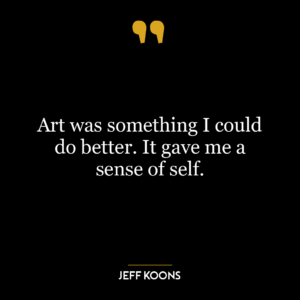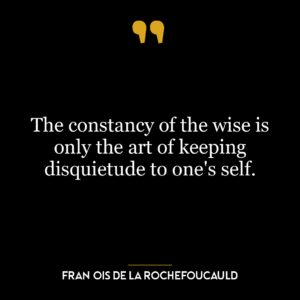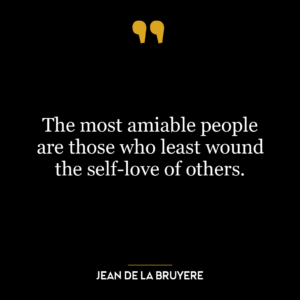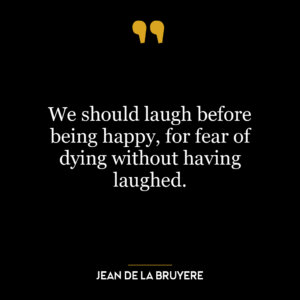This quote suggests the idea that one’s true self is only realized in the face of extreme unhappiness. It implies that it’s during the moments of intense suffering that we come to truly understand and acknowledge who we really are. This could be because such moments strip us of our pretenses, facades, and distractions, leaving us with nothing but our raw, unfiltered selves. It’s like peeling off layers of an onion until you reach the core.
This idea can be seen as a commentary on the human condition. We often distract ourselves with external pursuits and superficial happiness, but it’s only when we face profound unhappiness that we are forced to confront our innermost thoughts, fears, and desires. In a way, it’s a call for authenticity and self-awareness, two values that are often overlooked in our fast-paced, achievement-oriented society.
Applying this idea in today’s world or in personal development could mean embracing discomfort and unhappiness as opportunities for self-discovery and growth. It’s about acknowledging that suffering is an inherent part of life and can serve as a powerful catalyst for personal transformation. It’s not about seeking out unhappiness, but about accepting it when it comes and using it as a tool for self-understanding and self-improvement.
In the context of personal development, this could translate to being more open to negative experiences and emotions, instead of suppressing or running away from them. It’s about learning to sit with our discomfort and listen to what it has to tell us about ourselves. This could lead to more self-awareness, resilience, and emotional maturity, as well as a deeper understanding of what truly matters to us.
In a broader societal context, this idea could challenge the common narrative that happiness is the ultimate goal and that it can be achieved through external accomplishments or material possessions. It could encourage us to redefine success and happiness in more personal and introspective terms, and to value authenticity and emotional honesty over superficial appearances. It could also foster more empathy and understanding, as we all experience unhappiness and can relate to each other’s struggles on a deeper level.











